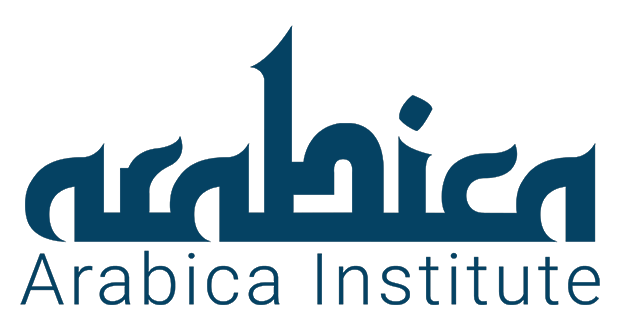Quality
FEES & FINANCE
THE LEARNING EXPERIENCE
QUALITY
People that enrol at our institute do so because they want to learn Arabic to understand Arabic text, like the Qur’an, and for business, travel and social reasons.
We teach Standard Arabic which you can use to understand and speak classical Arabic for Qur’an as well as Modern Standard Arabic (MSA). You can use MSA to conduct business, read the news, listen to it and speak in formal and informal settings.
We do not currently teach colloquial Arabic. We strongly recommend that you learn Standard Arabic before embarking on learning any of the colloquial dialects. Here’s why:
There are four main colloquial Arabic dialects: Egyptian, Gulf, Levantine (spoken in Lebanon, Jordan, Palestine, Syria) and Hassaniya (spoken in Mauritania, southern Morocco, south western Algeria, Western Sahara).
We focus on Standard Arabic because it is common to all Arabs and Arabic written materials, both classical and modern. If you speak Standard Arabic, people everywhere will understand what you are saying as this is the Arabic that they regularly hear on the news.
We recommend that you learn Standard Arabic before embarking on learning any of the colloquial dialects. You would not set out to learn how to speak like a London Cockney before learning Standard English would you?
Our students learn more in a shorter space of time. This makes our courses both better value in terms of quality and better value in terms of price.
Several elite universities, like Oxford, Cambridge and SOAS, have recommended their students to study Arabic with us.
Find out for yourself by joining a free 5 lesson trial.
The teachers who will teach you have been through the same journey that you will travel so they know exactly how to take you to where they are.
You will speak Arabic from the very first lesson. You will then develop the Arabic grammar skills to be able to understand Arabic text like the Qur’an. Find out for yourself by joining a free 5 lesson trial.
FEES & FINANCE
On top of the outstanding content, quality and learning experience, you get out-of-lesson extras such as: videos, audios and vocabulary memorising tools.
Popular
£399
30 Lessons
- 2 for 3: 10 free lessons
- Arabica text book
- Free out of lesson videos
- Free out of lesson audios
- Free vocab memorising tools
- Stop, start and repeat options
- Spread the cost
THE LEARNING EXPERIENCE
The best thing you can do before the course begins is to start learning the phrases and words in the Matrix that we will send you prior to the course.
There are some things that require regular time input and can’t be crammed just before the exam. These include phrases and words.
You can learn as much grammar and syntax as you like but if you have not mastered your phrases and words, you can’t speak or write Arabic! In our experience, those who get ahead with the phrase/word Matrix succeed.
Not learning the Matrix is statistically the major cause of failure. So if you were to ask us what you should prioritise before the course begins, we would say Matrix! Matrix! Matrix!
Approximately 2-3 hours outside of lesson, but not necessarily in a single block session. We recommend you do a block of 1 hour after each lesson and then spread the rest out in 20-30 minute chunks until your next lesson.
You will have to do several things:
1. Learn the new Matrix
2. Revise all your previous Matrices to keep on top of them
3. Prepare a written dialogue with your learning buddy
4. Learn your dialogue and practice it with your learning buddy to present it in the next class
The most important thing to keep on top of is the phrases and words in the Matrices. If you spend most of your time learning the Matrices well, you will be able to complete your dialogues much faster and you will learn a lot more. Never short-cut on the Matrix!
The advantage of a physical classroom is that you have the physical presence of a teacher and other students. This is always better than a virtual experience.
However, if you don’t have an Arabica course in your town or you are not able to travel, then an online course may be the best option for you. Find out for yourself by joining a free 5 lesson trial.
Can we help?
“Our team is happy to learn more about your Arabic needs”
Complete this quick form or call.
– Rupon Miah, Head of Operations
